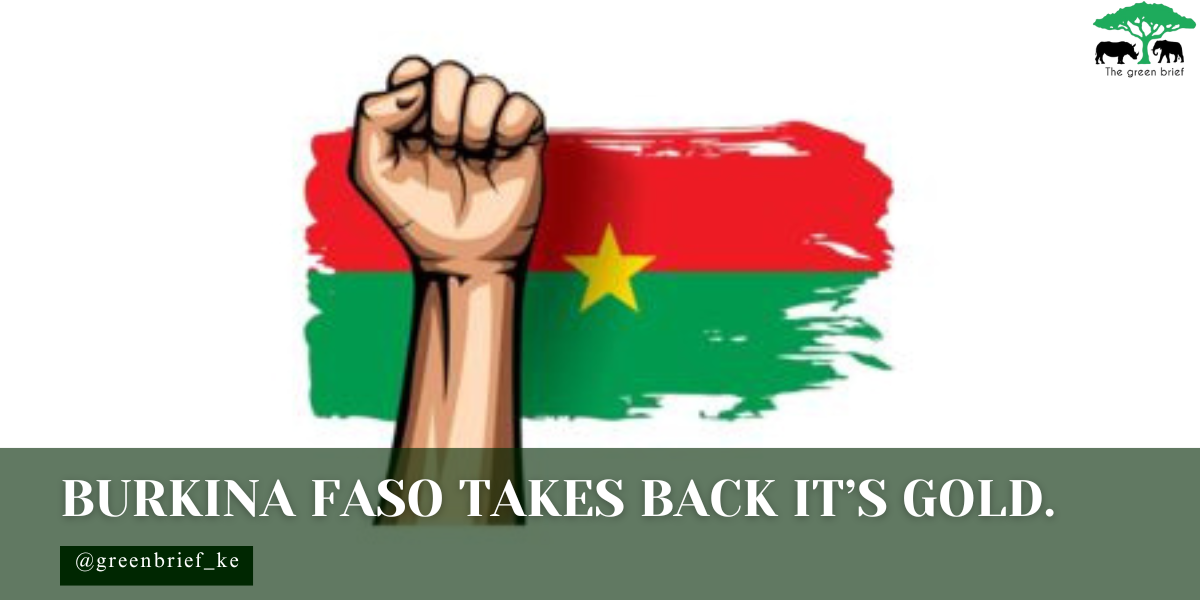Flowers are more than just colorful decorations they are a vital part of our environment, culture, and daily lives. From the delicate petals of the African violet to the bright blooms of the flame tree, Kenya is home to an incredible variety of flowers that play essential roles in ecosystems, traditions, and even personal well-being. Let’s explore why flowers matter and how they touch our world in multiple ways.
Flowers and the Environment
Flowers are crucial for maintaining healthy ecosystems. They provide food and habitat for pollinators like bees, butterflies, and birds, which in turn support the production of fruits, vegetables, and other plants. Without flowers, pollination would be disrupted, affecting food chains and biodiversity. For example, indigenous Kenyan flowers such as the African marigold (Tagetes minuta) or the bird of paradise (Strelitzia reginae) attract pollinators that help sustain local agriculture and natural plant growth.
Flowers also contribute to climate regulation and soil health. Their roots prevent soil erosion, their presence reduces urban heat, and their role in supporting pollinators indirectly helps carbon sequestration in forests and farmlands. In cities like Nairobi, integrating flowering plants in parks, gardens, and streets can mitigate the impacts of urbanization, improve air quality, and create visually appealing green spaces.
Cultural Significance of Flowers
Flowers carry deep cultural meanings in Kenya and across Africa. Traditionally, flowers have been used in ceremonies, rituals, and storytelling. For instance, the Hibiscus flower symbolizes delicate beauty and is sometimes incorporated in local herbal remedies or woven into crafts. During celebrations, flowers are often used to express emotions, honor guests, or commemorate events. Understanding these cultural connections enriches our appreciation of flowers beyond their aesthetic value.
Some flowers are associated with national pride or local identity. The flame tree, with its vibrant red-orange blossoms, is not only iconic in Kenyan landscapes but also features in art and literature, symbolizing resilience and beauty. Recognizing the cultural importance of flowers encourages conservation, as these blooms are part of both natural heritage and national identity.
Flowers and Well-Being
Flowers are also linked to human health and well-being. Studies have shown that being around flowers or caring for them can boost mood, reduce stress, and improve productivity. The colors, fragrances, and shapes of flowers have psychological effects that calm the mind and promote relaxation. This is why flowers are commonly used in homes, offices, hospitals, and therapy programs.
Even simple home gardening, planting flowers in small pots or balconies, can improve air quality, create a peaceful environment, and provide a sense of accomplishment. For city dwellers, flowering plants offer a daily connection to nature that is increasingly important in our fast-paced, technology-driven lives.
Fun and Fascinating Flower Facts
Flowers are full of surprises. Did you know that some flowers only bloom at night, attracting specific nocturnal pollinators like moths? Others, like the sensitive plant (Mimosa pudica), react to touch by folding their leaves, making them a fun addition to any garden. Flowers can also be edible, such as hibiscus or nasturtium, which are used in teas, salads, and traditional dishes.
In Kenya, flower farming is a major industry, especially around Naivasha, producing roses, carnations, and other blooms for local and international markets. This not only supports livelihoods but also highlights the economic importance of flowers alongside their environmental and cultural roles.
Flowers are far more than just beautiful additions to our surroundings. In Kenya, they are essential for pollination, biodiversity, climate regulation, and soil health. They carry cultural significance, support mental well-being, and even drive economic growth through the horticulture industry. By appreciating and protecting flowers whether native wildflowers, urban garden plants, or farmed blooms we safeguard the environment, honor cultural heritage, and enrich our daily lives.So next time you admire a flower, remember: it is not just a pretty face, it is a key player in sustaining life, culture, and happiness around us. Let’s talk flowers, and let’s care for them too.





